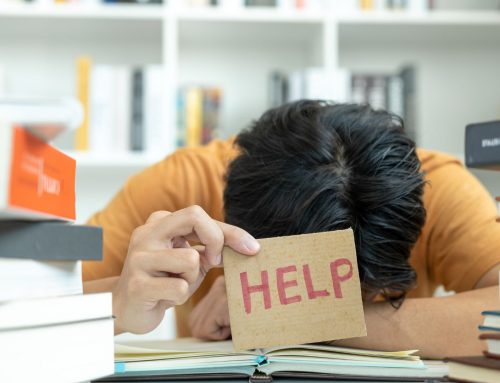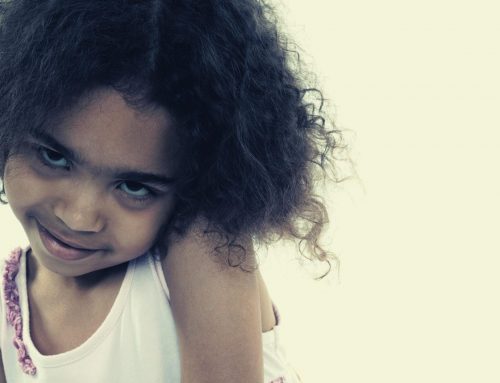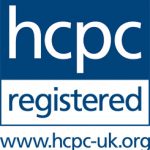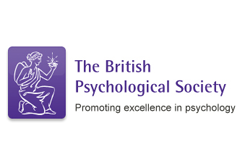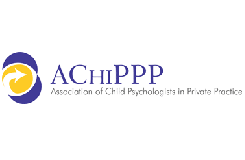ADHD (Attention Deficit Hyperactivity Disorder) is common in children but is often diagnosed when the child’s behaviour may be due to other reasons. There is no single test for it and the exact cause of the condition is not known.
Symptoms of childhood ADHD
Children with ADHD show signs of inattentiveness, hyperactivity, and impulsivity. Parents report that their children:
- Are easily distracted
- Have difficulty playing quietly
- Seem to be in constant motion
- Fidget and squirm
- Do not seem to listen
- Talk excessively
- Interrupt others
- Do not finish what they start
Many children display these behaviours but do not have ADHD. Some causes of ADHD-like behaviour are:
- Emotional difficulties
- A sudden life change
- Undetected seizures
- Medical disorders affecting brain function
- Anxiety
- Depression
- Undiagnosed sensory processing difficulties
- Avoidance behaviour due to undiagnosed learning difficulties
Diagnosing ADHD
There are nationally acceptable guidelines for diagnosing a child with ADHD. Children under 5 years old are seldom diagnosed as many of these behaviours are developmentally appropriate for younger children. Information needs to be gathered about a child’s early history, their performance at school, their social skills and their behaviour at home to rule out other factors that may be causing these difficulties.
Types of ADHD in children
There are three widely accepted subtypes of ADHD:
- Combined type (inattentive/hyperactive/impulsive). Children with this type show all three symptoms. This is the most common form of ADHD.
- Hyperactive/impulsive type. Children show both hyperactive and impulsive behaviour, but are able to pay attention.
- Inattentive type. These children are not overly active. They do not disrupt the classroom or other activities, so their symptoms might not be noticed.
Treating ADHD
In treatment, some or all of the following would be considered.
- Each child is different and will require an individualised plan
- Learning about ADHD for the child and family
- Working with the child’s school to develop strategies in the classroom
- Individual therapeutic support and practical strategies to manage their behaviour, learning, social skills and interactions with others. Many children with ADHD have low levels of confidence due to being told off a lot and can benefit from support in this regard.
- Practical advice to support children with their emotional regulation, managing anxiety and anger, building confidence, social skills and resilience is available through our 8 SESSION online POWER course, which has a wealth of information on supporting your children to understand and manage their emotions, behaviour and life’s challenges.
- Behavioural Therapy including establishing routine, consistency, organisation, etc.
- Parental support and strategies for parents
- Medication might be considered in some instances (in conjunction with the above)
If your child is displaying some of the above symptoms, and you would like advice on what to do next, talk to your GP or child’s school. If you are thinking of getting an opinion from a private psychologist, you are welcome to contact one of our experienced child psychologists to have a confidential discussion about your concerns.

